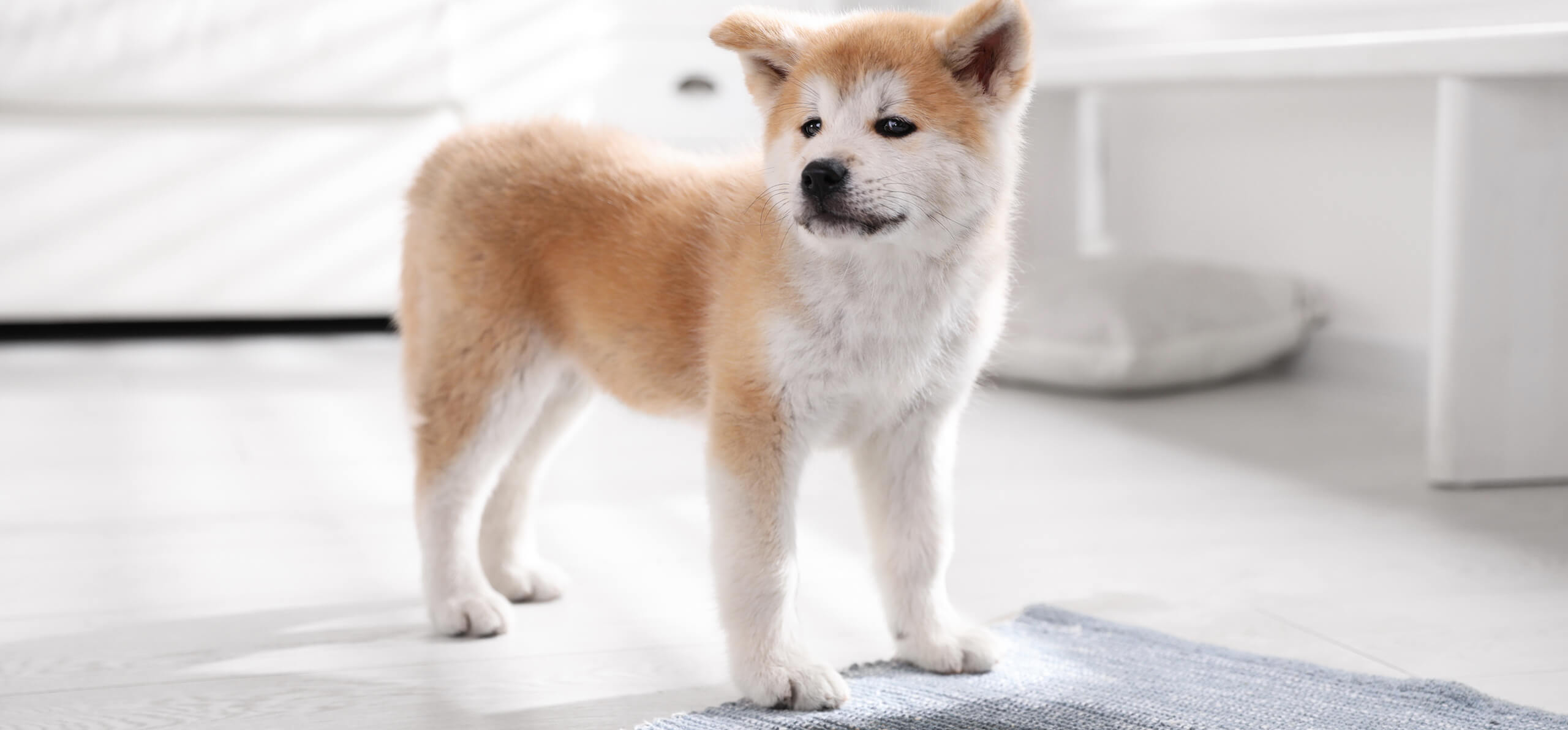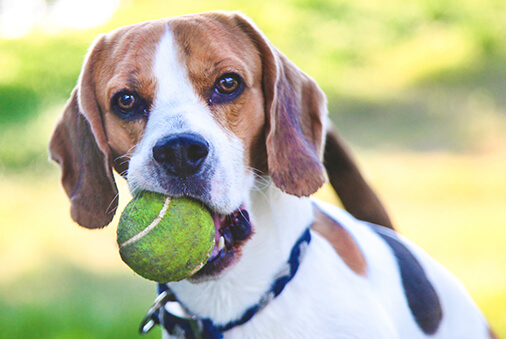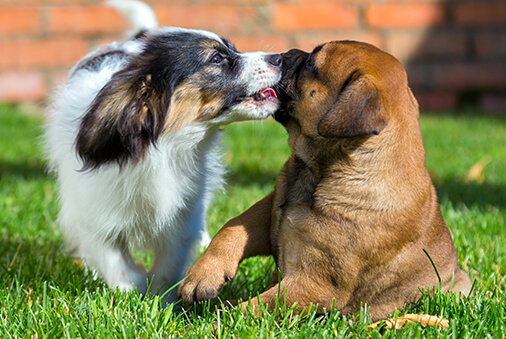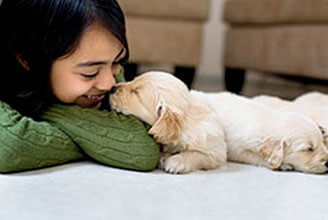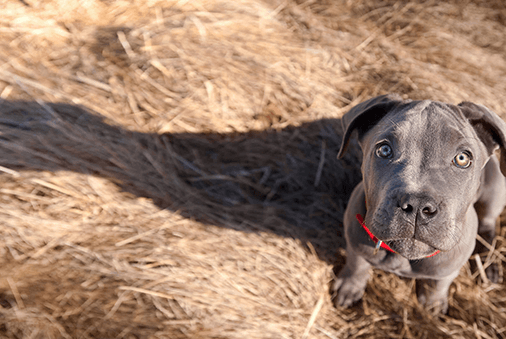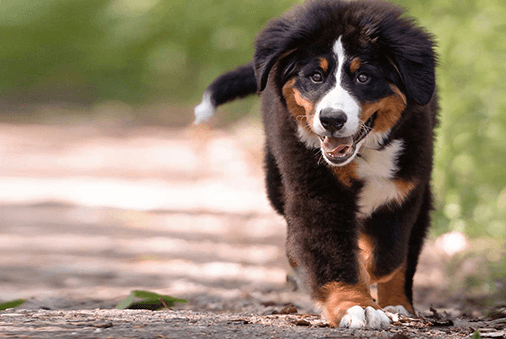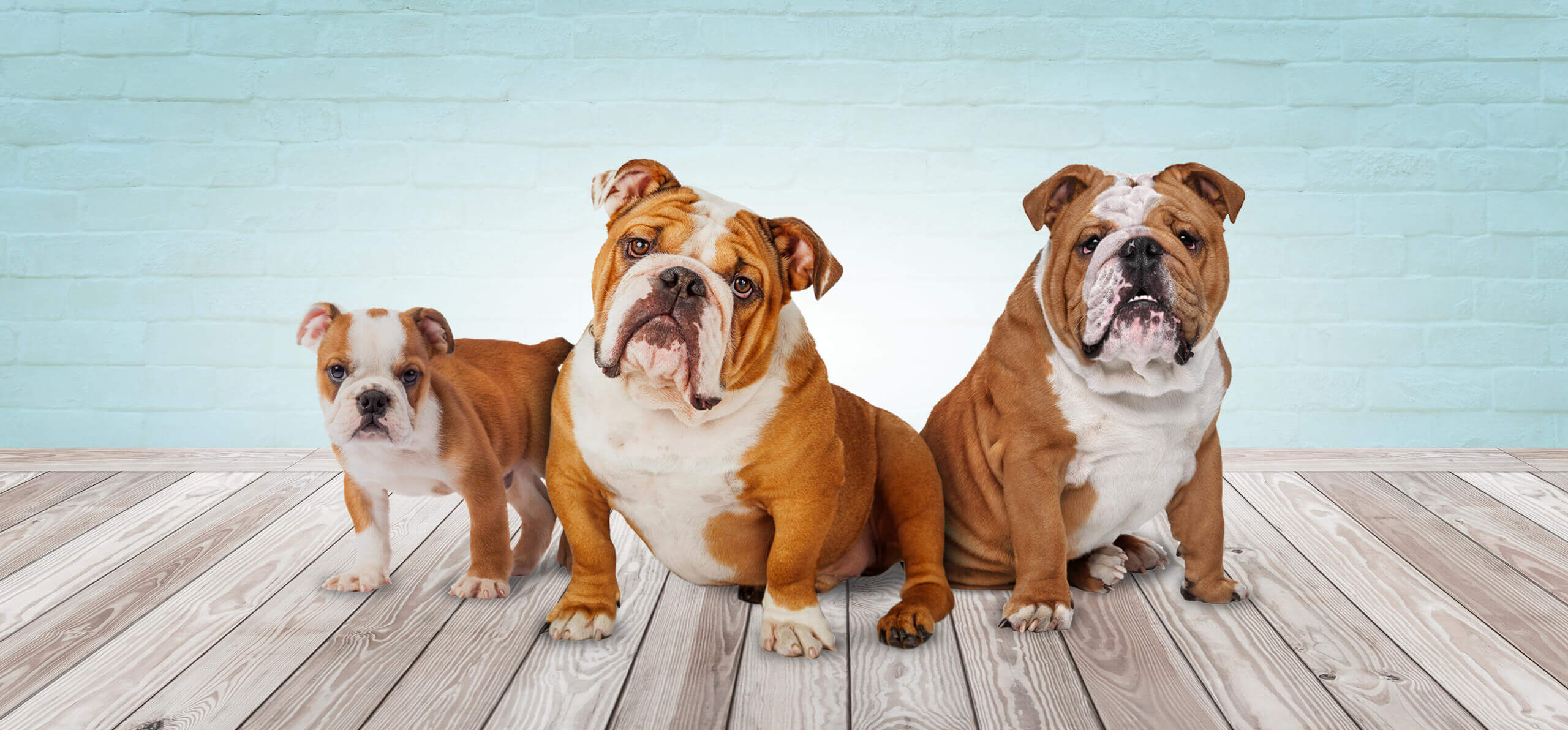Tips on How to Survive a Puppy
If you’re a first-time pet parent, the loss of sleep combined with feelings of “do I really want this responsibility now?” may give you short-term buyers’ remorse.
You’re Not Alone.
Don’t panic: Many pet parents experience the “puppy blues”. Feeling anxious, sad or depressed after initial feelings of joy is common as you consider all the responsibilities of rearing a pup.
Remember, you don’t have to be perfect to raise a happy, healthy dog. To help feel less overwhelmed, expect things to go awry and try to have a good sense of humor. Puppies will inevitably chew and break things; you’ll need to clean up after them, housebreak and train them, so take a deep breath and know that everything you’re feeling is normal.
The first few days at home with your pup will probably be the most difficult. Puppies need time to adjust to their new environment without their littermates. As your pup settles in and feels less anxious sleeping alone, you should be able to catch up on sleep as well. Thankfully, the puppy blues have a beginning and an end.
Accidents Happen!
It can take several months to housebreak your puppy, so expect accidents. The good news is the right cleaning products can help take the edge off your frustration by at least getting rid of the smell. Avoid cleaning products made with ammonia because puppy urine contains ammonia and the smell may compel your dog to pee in the same spot again and again.
Pro-Tip: Enzyme-neutralizing cleaners are made to remove traces of puppy urine. You can buy a pet-shop formula specifically designed to decimate urine odors, or if you want to make a natural, homemade cleaner try mixing vinegar and baking soda.
-
Crate. Stay. Repeat.
-
Creating a safe space where pups are easily occupied with their favorite blankets and toys gives pet parents the well-deserved breaks they need. Crating pups is a great way to help housebreak and teach important commands. Training your pup to go into the crate and stay will be one of your first jobs.
For the first few nights you may want to keep the crate in your bedroom so you’re there to comfort your pup or bring him outside to go to the bathroom. Young pups need to urinate often and it may take a few months until they adjust to going outside only during waking hours.
Don’t ignore your pup’s cries, because he may just need to go out. Puppies don’t want to pee where they sleep; they just need to adjust to a schedule. Toilet training will go more smoothly if you respond to your pup’s cries when he needs to relieve himself.
Remember, repetition and routines may seem boring to you, but they’re ideal for your pup. Schedule enough exercise, playtime and sleep so that your pup has healthy routines to look forward to throughout the day.
Warning: Chewing Imminent!
Dogs chew. It’s what they do. Chewing helps soothe sore gums during teething and older dogs chew because it can release endorphins that make them feel happy.
Stock up on a wholesome selection of dental chews and sturdy toys made from quality materials that won’t fall apart easily. Chew toys with room to insert a treat are a great way to reward your pup for finding that tasty surprise inside.
Pro-Tip: There’s a reason they’re called “occupational” chews. They can truly occupy your pup’s time and possibly save your shoes from the ravages of sharp puppy teeth. Choose your chews carefully to be sure they’re labeled for use with puppies and not made of materials that can cause stomach issues in some dogs.
Always Underfoot?
Puppies follow their pet parents because they love company and can become anxious when left alone. As your pup grows, his dependence on you will wane so take heart, he won’t always be easy to trip over.
For the first few months, plan on taking your pup with you. If it’s a place where puppies aren’t allowed, solicit a trustworthy friend or family member to help. They’ll become a great support network for puppy sitting and for consoling you when you need to vent. Reputable doggy daycares are also an option, but be sure to interview them well before leaving your pup with strangers.
Pamper Yourself.
Bubble bath, massage, pedicure, chilling on the couch? Whatever helps you relax, make time to do it, even if it’s just for an hour or so between feeding, walking and training your pup. Enrolling in puppy pre-school classes can also take the stress out of learning new skills for both of you.
When you do get a moment to curl up on the couch with your adorable new companion, read up on advice from other puppy parents. You’ll soon see that frustration and elation go with the territory. Most of all, cherish the fun moments with your new pal because, like children, puppies grow into adults before you know it (much faster, in fact).

